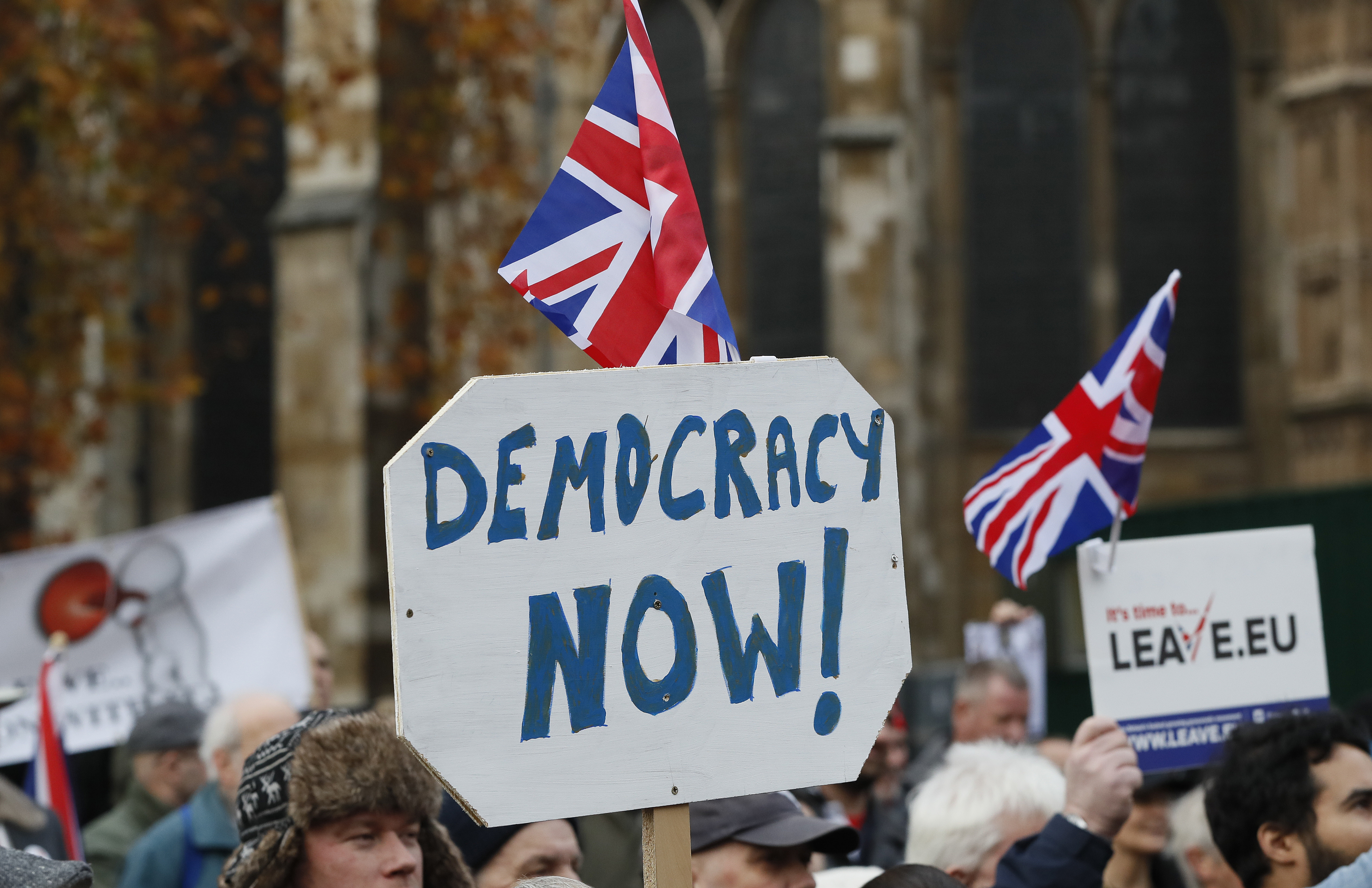Once you decide there just are five income groups no matter their income, the third quintile might average $20,000 or $200,000 per year, might be able to afford rent in Oakland or not, but as long as they are in the middle, shazam, you can talk about the “middle class.” This is one of the many reasons that sociologists should be driven into the sea.
Many of our terms for political positions are equally debased and so lack descriptive power. People use them anyway. Their seeming functionality depends on the fact that the master pairing, left vs right, is—à la the quintile—a relative formulation. So as long as they are left of something, you can cheerfully refer to Hillary voters as the left and Bernie voters as the far left, ignoring the fact that for a century—a century including what would be called “the old left” and “the new left,” the left of the Black Panthers and Stonewall—the term persistently referred to the people who, among other things, did not vote for the mainstream parties and wanted to bring capitalism to an end. Now you are a bomb-hurling maniac for suggesting a trivial tax increase. The left used to feature actual bomb-hurling maniacs, and anyone who doesn’t miss those days is off my Hanukkah list.
This collapse of terminological efficacy is crucial context for the contemporary conflicts that pit the left against the left, since “the left” can now mean pretty much anything. (Henceforth, please treat all appearances of the word as swathed in scare quotes.) These struggles have been particularly vitriolic in the UK of late. Here I do not mean the vindictive bullshit of groups that only pretend to progressive politics while espousing deeply reactionary politics, like the hydra-headed TERF bigots. Rather I refer to actual left-on-left turmoil such as the debate over Brexit. In an outcome marking the declining power of the political spectrum to explain things, the vote did not fall easily along party lines, with about two-fifths of Tories voting Remain, more than one-third of Labor voting Leave. Party discipline that ain’t.
The split on the left was brutal. The Leave vote was championed by open xenophobes, cognate to the Build a Wall crowd in the USA. This made it easy to suggest that any Leave voter was of that ilk. The anti-immigration policies implied by leaving the EU only added to this. Consequently, “Lexit” voters (those claiming a left rationale for exit) were treated by other leftists as themselves obviously racist and xenophobic, regardless of their claims. Their claims were these: that the European Union is an incomparable engine of soft domination able to impose the will of its masters with shocking ease, its power increasing year by year—and it is also, for related reasons, doomed to fail, hence the UK should get out while the getting is merely terrible. But you’re racists, was the rebuttal. But you’re tools of technocrats in Berlin and Brussels, shot back les Lexiteers. I have seen a lot of sectarian splits in my life, and this time I just made emoji prayer hands that I lived in another country.
The ceaseless slippage to which the left has exposed itself has made it more prone than ever to be drawn into traps such as these, though really it is nothing new; being drawn into siding with warring states in the First World War was arguably the worst debacle for the European left in the twentieth century. Siding with bourgeois states is not the left’s fate but its fatal leap. There is no evident solution aside from abandoning the left-right spectrum altogether. It may be that, in the present, a more powerful and persuasive orientation is centers and peripheries. One thing about the eurozone: it has proved to be an astonishing technology for sucking value into its core, meaning Germany, from its far reaches, meaning almost everywhere else. This arrangement of forces is troublingly similar to the structure of England, where the international financial power of the City has allowed London to be in essence the sole beneficiary of any national profits, while the outlands moulder. Unsurprisingly, this is reflected dramatically in the Brexit vote: London was the only region in England to go Remain.
This all proposes a political project for the left, if that term is to preserve any meaning. It is certainly not to woo or even coddle the xenophobes into a voting alliance. Rather it is to reaffirm its commitment to absolute war on the economic regime that moves money and livelihoods from peripheral counties to the capital, peripheral nations to the core. This will not be the left of Leave or Remain, will not be the left of a fictional middle class, and will not be the left of the master parties. It will be the left of unmaking the UK and the EU as containers of political and economic power premised on the immiseration of some for the wealth of others, in obvious and in hidden ways. If the mustachioed monopoly men won’t go easily, it may include bomb-hurling maniacs.






